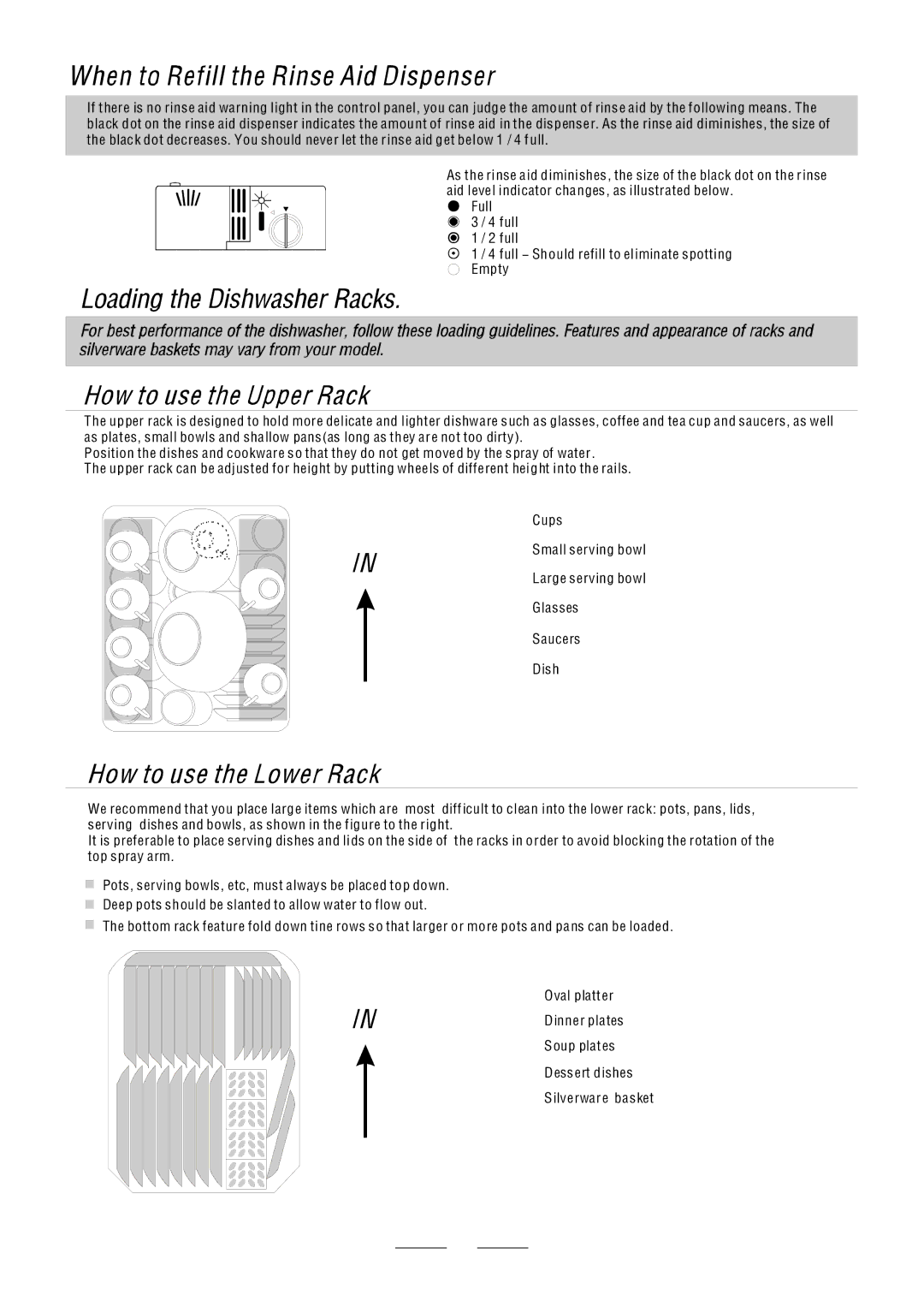HEDS 668S-80, HEDS 668-80 specifications
The Hoover HEDS 668-80 and HEDS 668S-80 are advanced sensor modules widely recognized for their precision and reliability in various applications. Both models serve prominently in the realm of motion detection and optical encoders, making them indispensable in robotics, industrial automation, and consumer electronics.At the core of these sensors is the use of integrated photodetectors and light emitters, which work together to accurately capture motion data. The HEDS 668-80 features a compact design, allowing for easy integration into numerous hardware configurations. It incorporates a dual-channel output, which provides both quadrature and single-ended output signals. This feature enables enhanced motion control and allows for more accurate detection of direction, making it suitable for applications requiring precise angular measurements.
One of the standout technologies in the HEDS series is its use of reflective optical sensing. This technology minimizes interference from ambient light conditions, ensuring reliable performance even in varying environmental settings. The sensors are designed with a resolution of up to 500 counts per revolution, allowing for finely-tuned control in robotic applications.
The HEDS 668S-80 enhances the capabilities found in the 668-80 model by offering an increased tolerance for temperature variations and shock resistance. This makes it an ideal candidate for harsh operating conditions, where reliability is paramount. The HEDS 668S-80 also boasts an improved response time, further enhancing the performance in high-speed applications.
Both models feature a straightforward mounting system that facilitates installation and adjustment, allowing engineers to set up their systems quickly and efficiently. Additionally, their robust construction ensures durability across extended periods of use, providing a long lifespan in demanding applications.
In summary, the Hoover HEDS 668-80 and HEDS 668S-80 represent advanced sensor technology that combines high performance with robust design. Their integrated features cater to a variety of applications, making them a vital component in the ever-evolving landscape of automated systems and precision measurement. As industries increasingly rely on automation, these sensors offer the reliability and accuracy that engineers need to achieve optimal performance in their projects.

